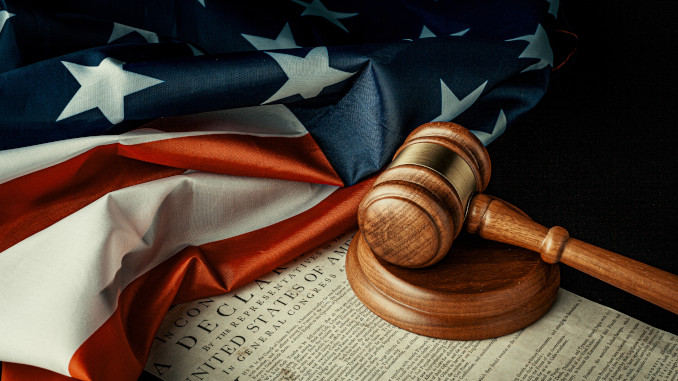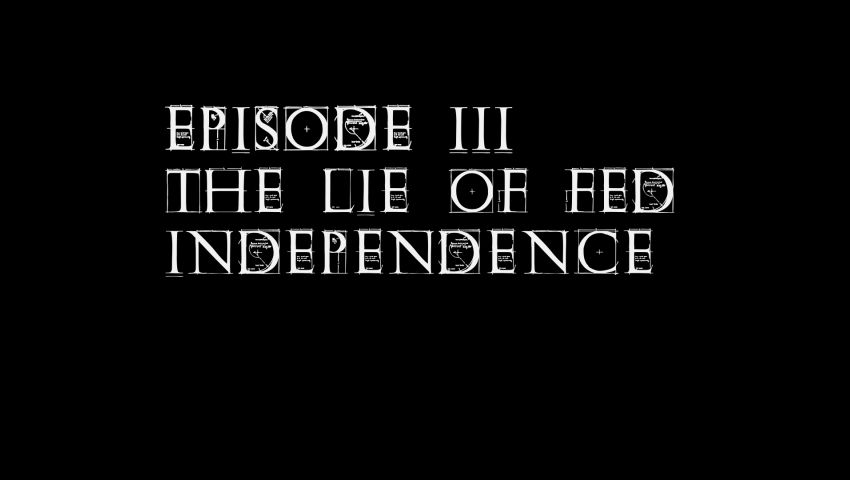Become a member: Subscribe
The War for Bankocracy
A Series by John Titus
Episode IV COMING SOON!
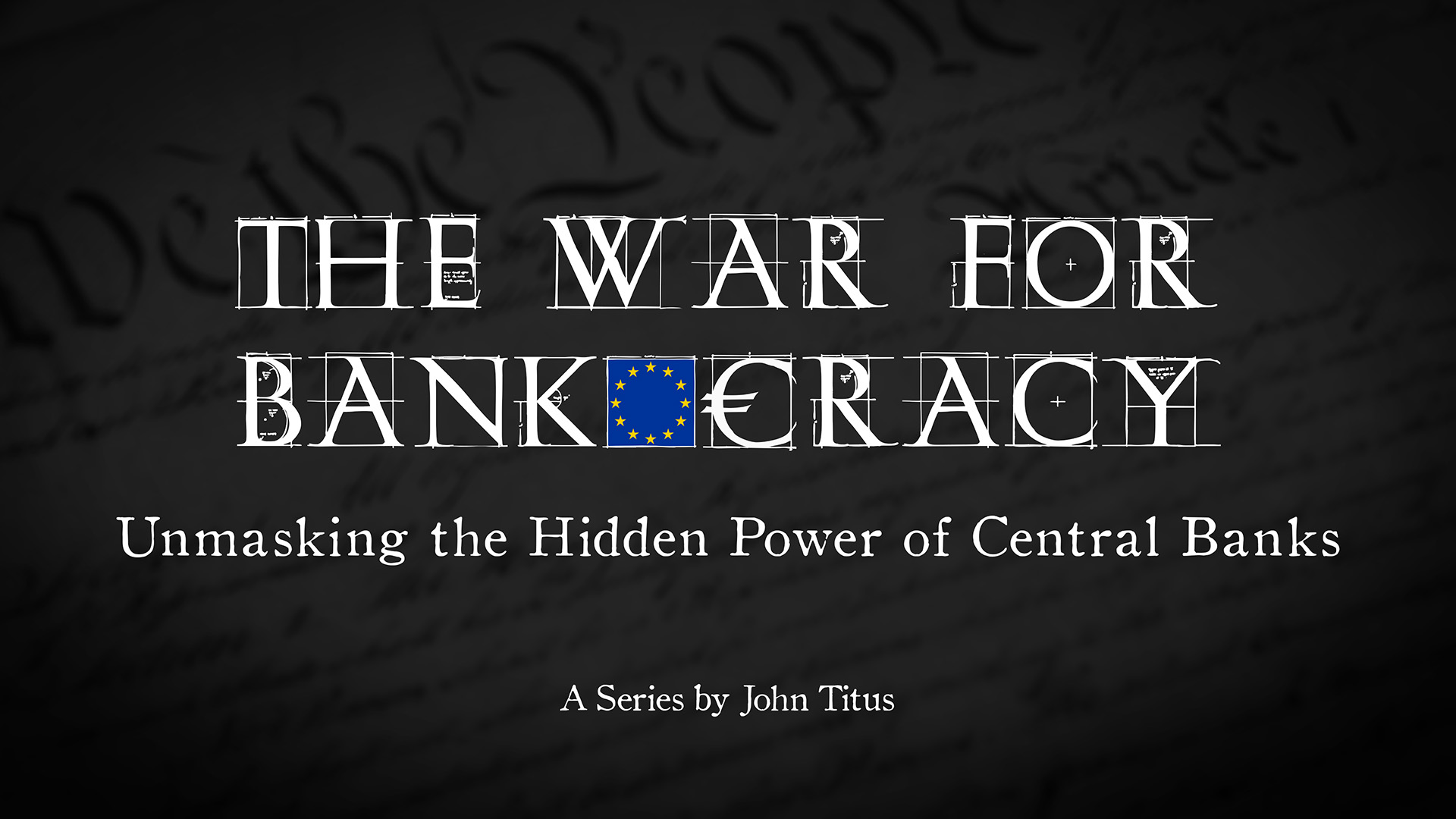
The War for Bankocracy Introduction
About The War for Bankocracy
Central banks appear to be poised for a major push to replace rule by democratic governments with rule by privately owned central banks. Their chief task in this regard is to free the U.S. Federal Reserve from its constitutional constraints, which prevent the bank from operating in secrecy and beyond the reach of Congress and indeed law itself.
While the evidence supporting this conclusion is freely available from the public record, without some minimal working knowledge of central banks, the story would be extremely difficult to tell in a single video. Consequently, The War for Bankocracy series will lay significant groundwork and tell the story over the course of eight episodes.
Solari plays an important and public role in the series, serving as a depository library for both the video series and its many constituent parts. The notion here is really two-fold. First, Solari’s archival function can assist other researchers and content creators by making resource materials and video clips freely available for downloading. Second, Solari’s website is wholly independent of the forces behind the free speech breaches that are now daily occurrences across a shocking array of platforms. Thus, Solari will serve as a safe harbor for the series, beyond the reach of the censorship complex.
What gave rise to The War for Bankocracy was a memo published by the White House shortly before President Biden’s visible mental deterioration forced him to abandon his second presidential race. The memo—which directly contradicts the U.S. Constitution by advocating governance by central banks—received no attention from the media.
STAY TUNED FOR NEW EPISODES AS THEY ARE RELEASED
The War for Bankocracy Episode III
COMING UP
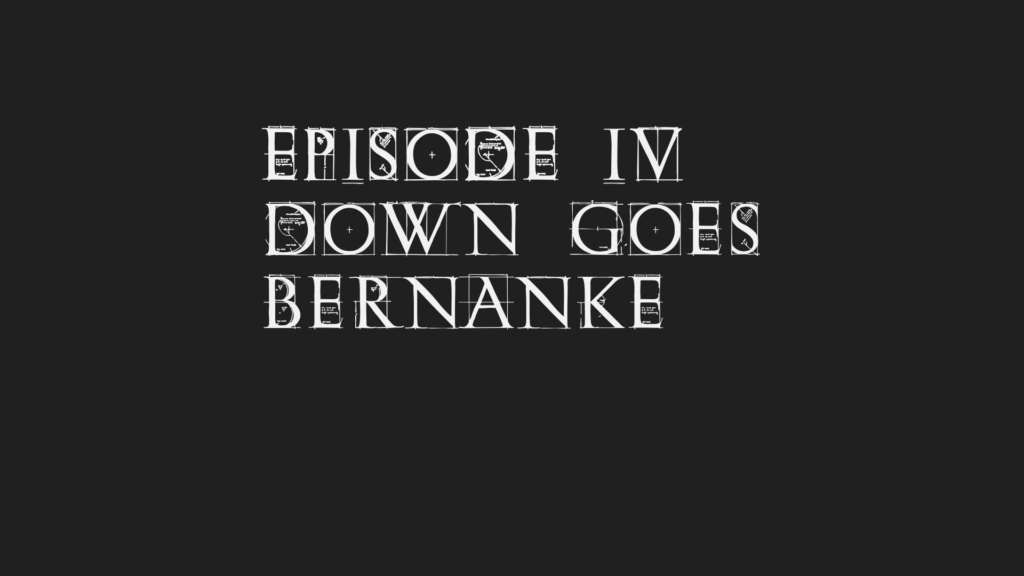
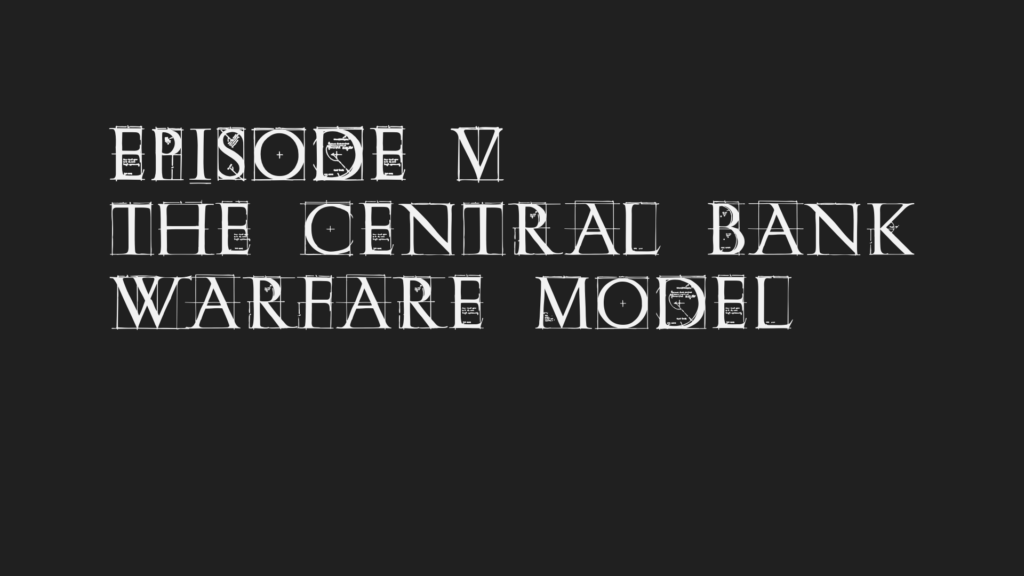
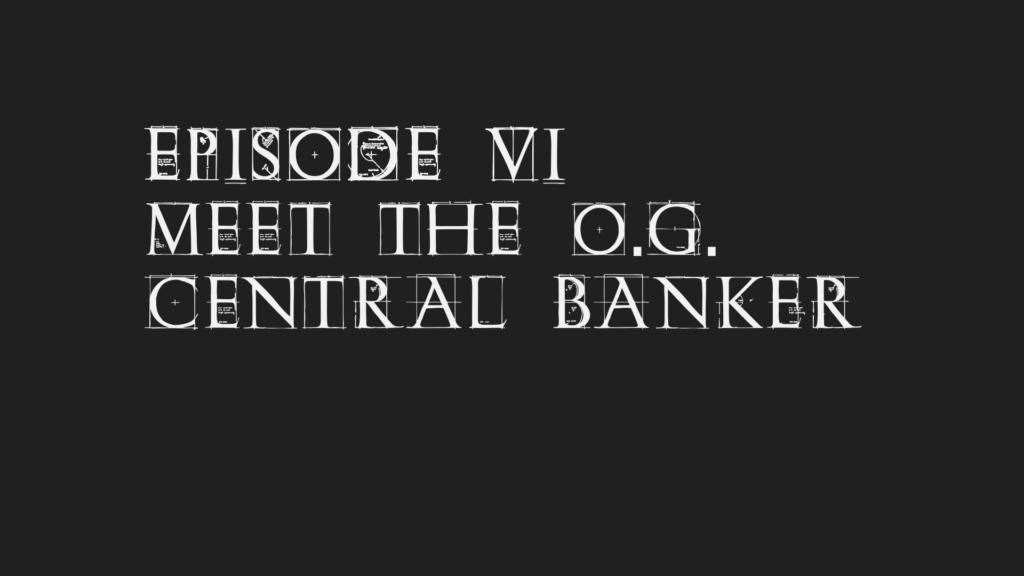
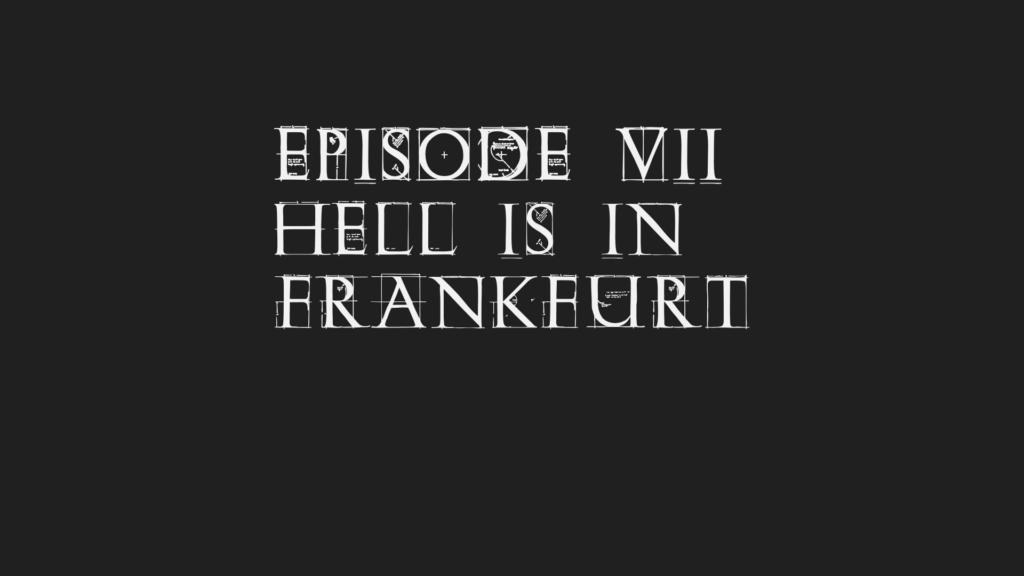
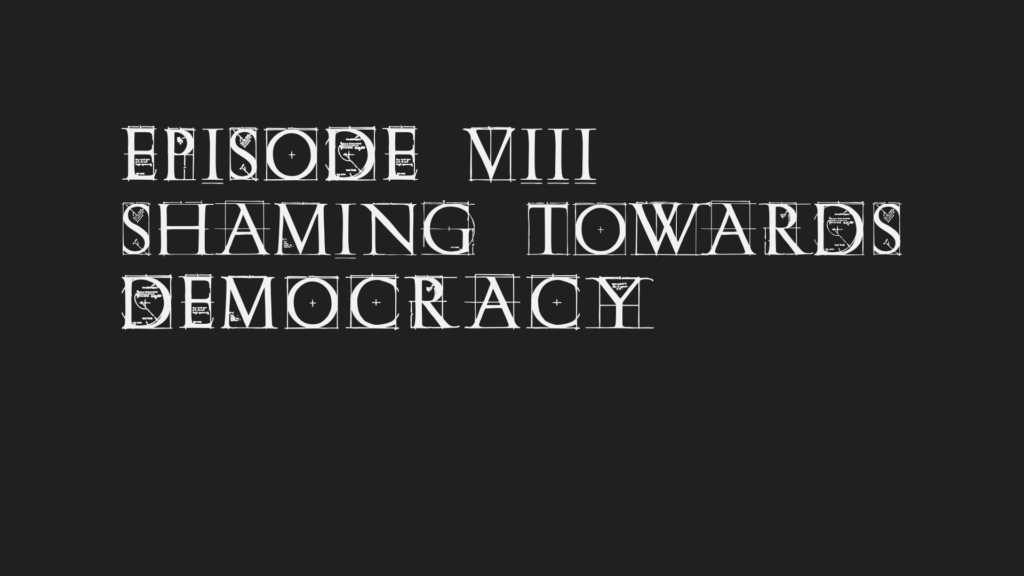
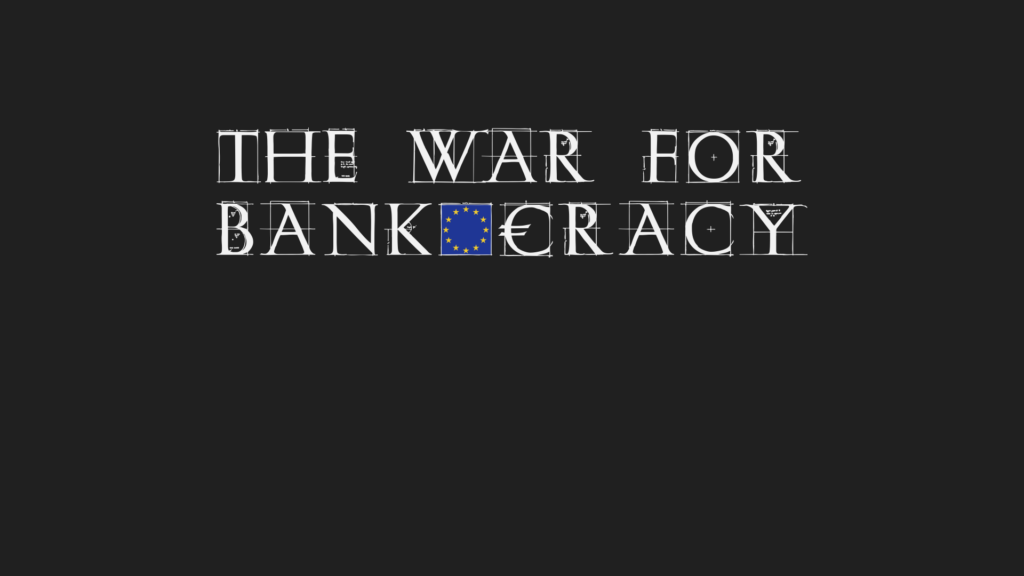
About John Titus
John is a lawyer by training. His work in the alternative media space dates back to the Global Financial Crisis and has taken a few turns.
Professional
John’s legal career began as the ninth lawyer at Roper & Quigg, a litigation boutique in Chicago that represented several Fortune 100 companies in major patent cases. The firm stressed strong writing and courtroom presentations backed up by in-depth research into legal issues and technology.
John’s professional success was greatly aided by his education and background. He has undergraduate and graduate degrees in electrical engineering from North Carolina State University and worked as an engineer at Honeywell. He also worked for two years as the research assistant for the law librarian at the University of North Carolina Law School, obtaining his JD degree with honors there in 1994.
John made partner at R&Q, but after a long string of major successes, the firm was acquired by a major national law firm with a global footprint and a much different culture.
Financial Crisis
John began to apply many of the forensic skills acquired through 15 years of litigation to issues beyond his legal practice, especially the dominant crisis narrative throughout the media, which didn’t add up and ignored altogether the rule of law.
Bailout
In 2010, John began writing what would become Bailout, a feature-length documentary that freely used the term “fraud” to describe what actually drove the crisis. He temporarily left his legal practice in 2011 to oversee the film’s production before returning a year later.
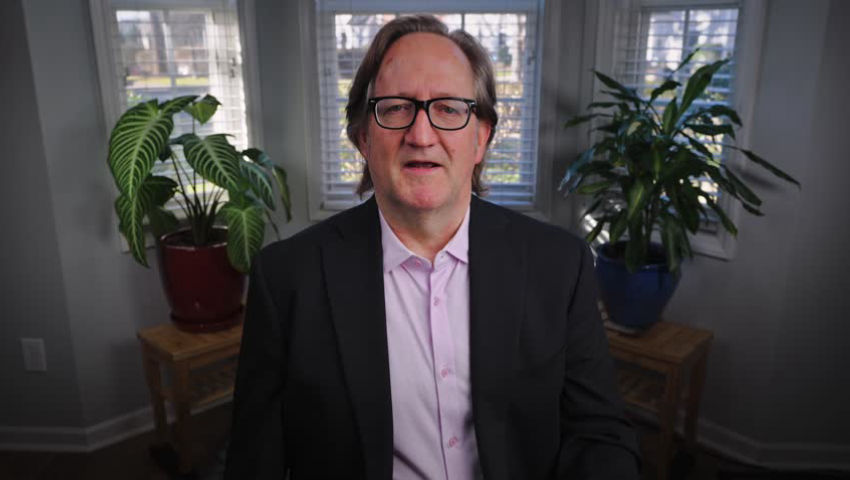
BestEvidence
In 2012, John began learning how to produce videos with his own hands rather than relying on a crew, as he had done with Bailout. Eventually he put his work onto YouTube and other platforms.
Money & Markets
In mid-2020, John caught a major break during the pandemic when Catherine Austin Fitts invited him to co-host her weekly Money & Markets podcast on solari.com Their alliance saw the podcast grow from an audio-only presentation of news events to a high-resolution video format. John has remained with Catherine and Money & Markets ever since.
War for Bankocracy
In late 2024, John pitched The War for Bankocracy to Catherine as a video series with solari.com functioning as both a video-hosting backup service and an online library of research materials and project elements (e.g., video clips from the series).






























